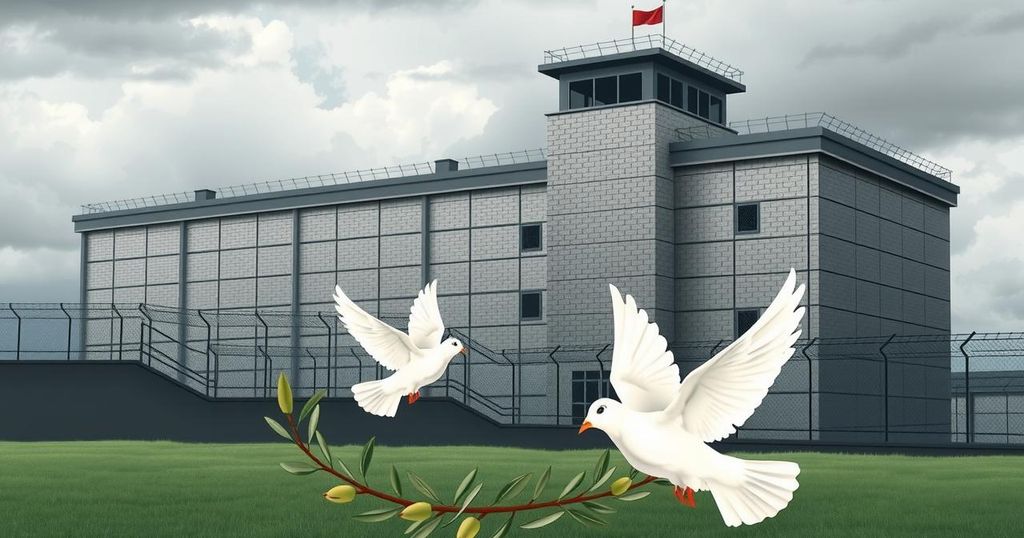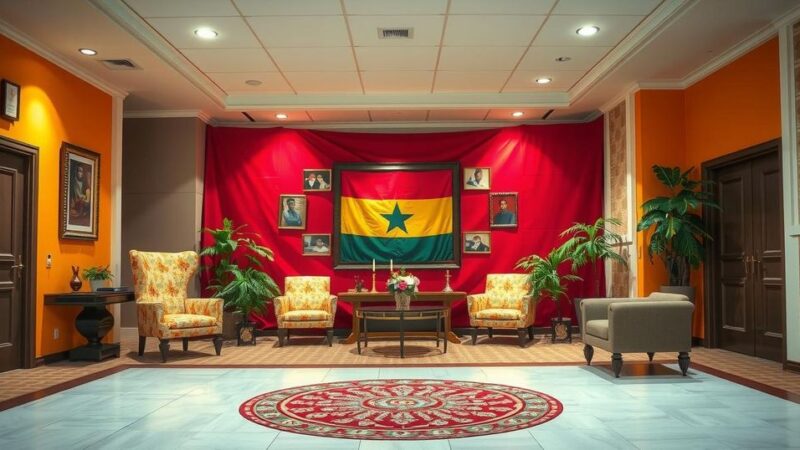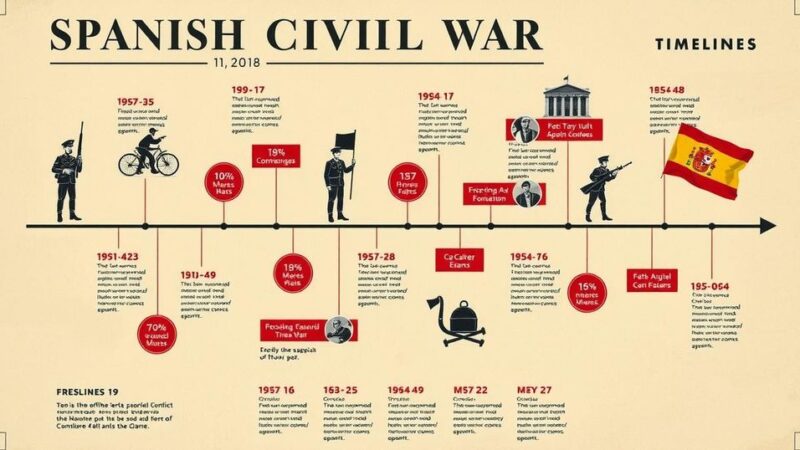El Salvador’s President Nayib Bukele proposed a prisoner swap with Venezuela, offering to return 252 U.S.-deported Venezuelans in exchange for the same number of political prisoners. He claims many jailed in El Salvador have serious criminal backgrounds while the Venezuelan prisoners are political dissidents. This proposal raises significant questions about international relations, human rights issues, and governance styles in both countries.
El Salvador’s President Nayib Bukele has proposed a significant prisoner swap with Venezuela, offering to repatriate 252 Venezuelans deported by the U.S. in exchange for an equal number of political prisoners held by the Venezuelan government. Bukele highlighted that many of the detained individuals in El Salvador have criminal backgrounds, in contrast to the political prisoners he claims are unjustly imprisoned due to political opposition to President Nicolás Maduro.
The deportees housed in El Salvador’s mega prison, Cecot, are described as members of the Tren de Aragua gang and MS-13. However, evidence connecting them to these gangs has been insufficient. In response, Maduro has labeled the deportation a form of kidnapping and denied that those returned are criminals.
Bukele specifically mentioned prominent political prisoners, such as Corina Parisca de Machado and Rafael Tudares, both linked to Venezuelan opposition leaders. Furthermore, he suggested including four political leaders seeking asylum in the Argentine Embassy in Venezuela as part of this exchange, which has faced increased scrutiny due to allegations against the asylum seekers.
Under Bukele’s proposed agreement, journalist Roland Carreño, activist Rocío San Miguel, and nearly 50 detainees from other nations, including the U.S., would also be released. Bukele’s administration has faced criticism for its stance on migrants, particularly former President Trump’s administration’s claims about gang affiliations among deportees.
Despite international condemnation regarding his authoritarian governance style and human rights abuses, Bukele enjoys significant domestic popularity, being re-elected last year. He has openly described himself as “the world’s coolest dictator,” suggesting a complex image of leadership amidst ongoing crime control efforts.
As this situation develops, further updates will provide insight into the outcomes of Bukele’s bold proposal and the broader implications for international relations between El Salvador and Venezuela.
President Bukele’s offer to exchange deported Venezuelans for political prisoners highlights the complex interrelations between El Salvador and Venezuela, particularly amid ongoing criminal concerns and accusations of political oppression. The proposal underscores the contentious nature of international diplomacy involving prisoner exchanges and human rights issues, especially concerning the treatment of political dissidents versus criminal offenders. As both nations navigate this issue, the wider ramifications for regional politics remain to be seen.
Original Source: www.wral.com






